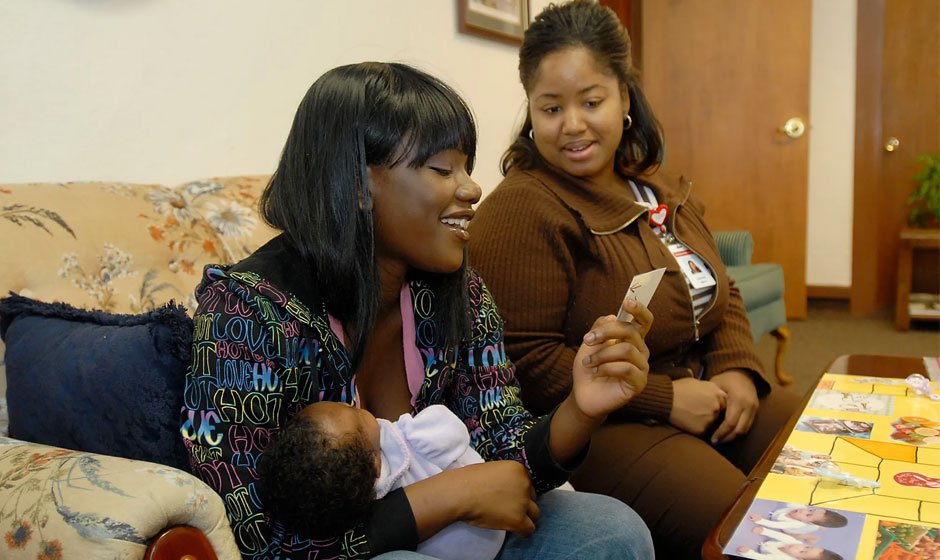An unwelcome health department house visit can be cause for alarm, but such visits are generally for the good of public health. Home visits often form part of a proactive disease prevention and control strategy for health departments.
The Reasons for a Health Department House Visit
There are several reasons a health department might come into your home. Some common scenarios include:
Disease Outbreak Investigation: During a contagious disease outbreak in your area, health officials may visit your home to conduct contact tracing, assess your health and recommend prevention measures.
Environmental Health Inspection: Health departments often inspect homes for lead paint, mold or unsanitary conditions. Such inspections are usually initiated by complaints or as routine surveillance.
Maternal/Child Health Services: Programs involving maternal and child health often include home visits to support, educate and provide resources for pregnant women, new mothers and young children.
Elderly Care Assessment: Health departments may visit at home to check that elderly residents are getting adequate services and support.
Follow-up on Reported Issues: If a neighbor or concerned citizen reports a possible health hazard at your home, the health department may investigate.

What to Expect on a Home Visit
Usually when a health department official comes to your home they will do the following:
Introduce Themselves: The official identifies himself/herself and explains the reason for the visit.
Ask Questions: They may ask about your health, living conditions and recent activities for information relevant to their investigation.
Inspect the Premises: Depending on why they are visiting, the official may look at portions of your house for possible health hazards.
Provide Information and Resources: Health officials might give tips on diseases prevention, health promotion or access to community resources.
Cooperating with Health Officials
Cooperation with health department officials during a home visit is important. They are concerned with public health, your cooperation can prevent disease or address health hazards.
Be Honest and Open: Tell them about your health, household members, and any special circumstances.
Ask Questions: Ask questions about the visit’s purpose, the official’s role and other concerns.
Follow Recommendations: Any recommendations or advice the official gives you should be taken seriously and implemented if necessary.
Protecting Your Privacy
Health department officials need some information to perform their duties but are protected by confidentiality laws. Your personal information must be protected – the official has to tell you how the data will be used.
When to Be Concerned
Most health department house visits are routine and meant to help. But there are certain situations where you might have legitimate concerns:
Unauthorized Entry: Health officials should identify themselves and produce documentation before entering your home. If you doubt someone’s identity, ask for verification.
Aggressive Behavior: You can also ask the official to leave if they are acting inappropriately or making you uncomfortable.
Violation of Privacy: Whenever you think that your privacy is being invaded, contact your local health department or other appropriate authorities.
Conclusion
Understanding why health department house visits occur and dealing with officials can help your community.





























